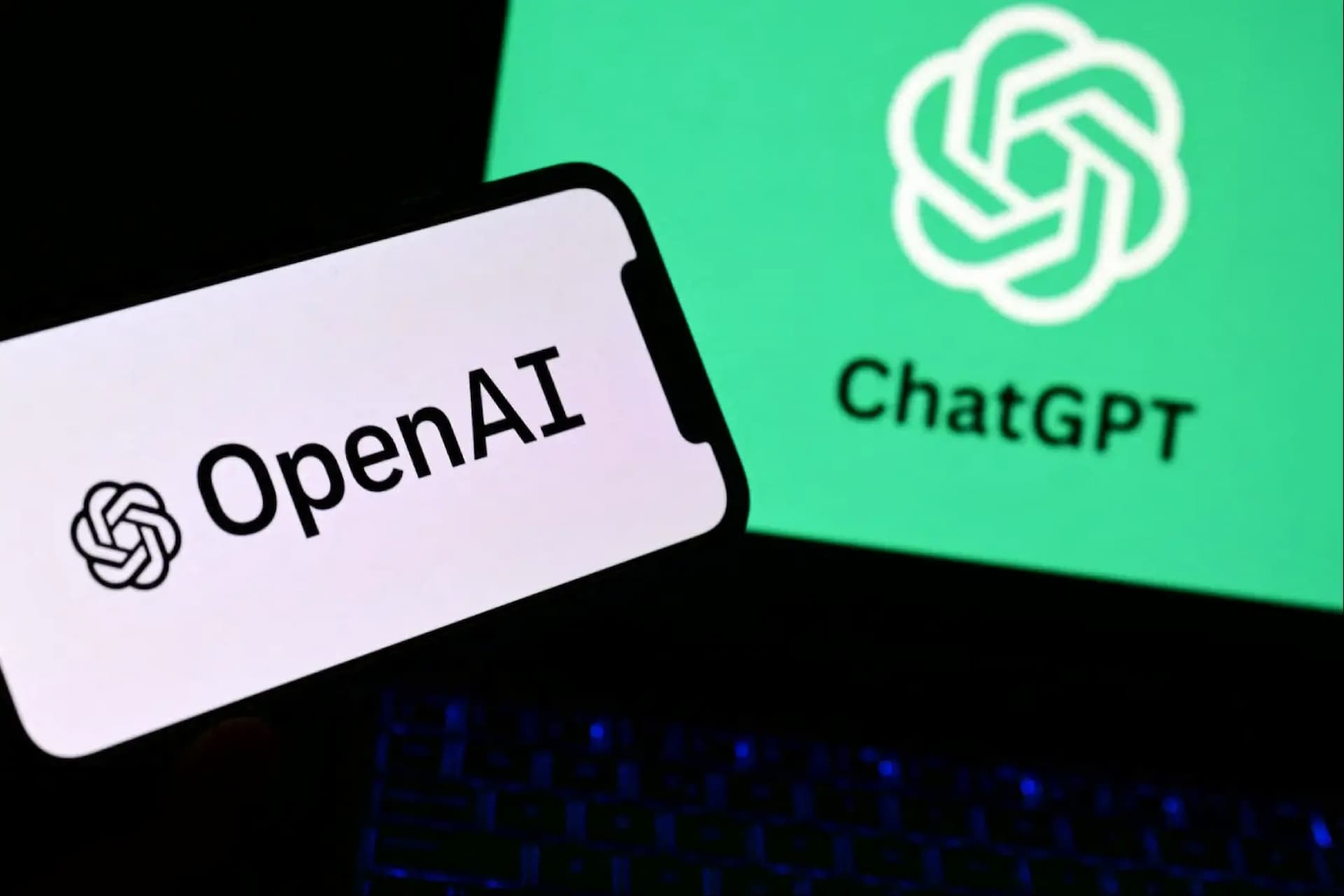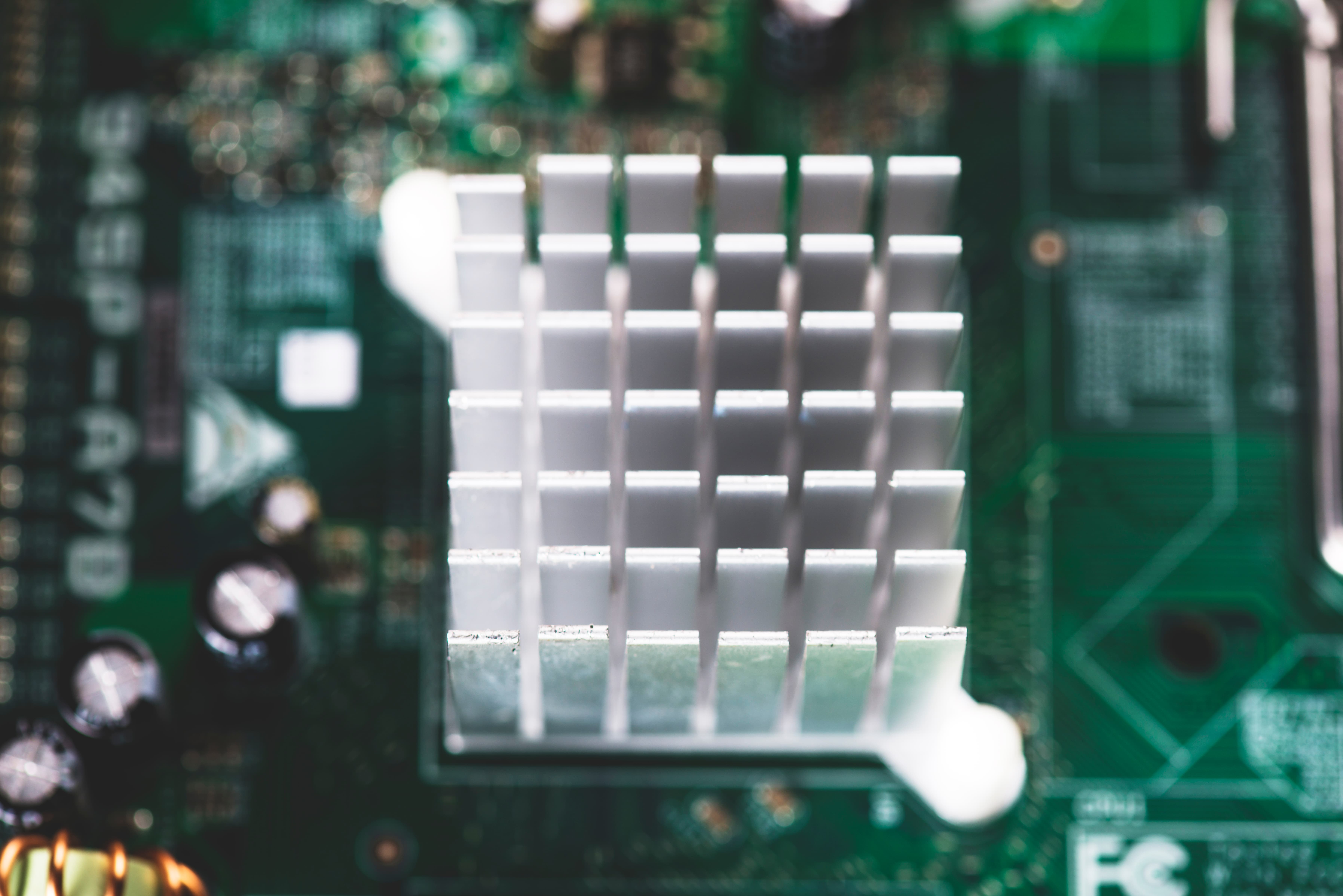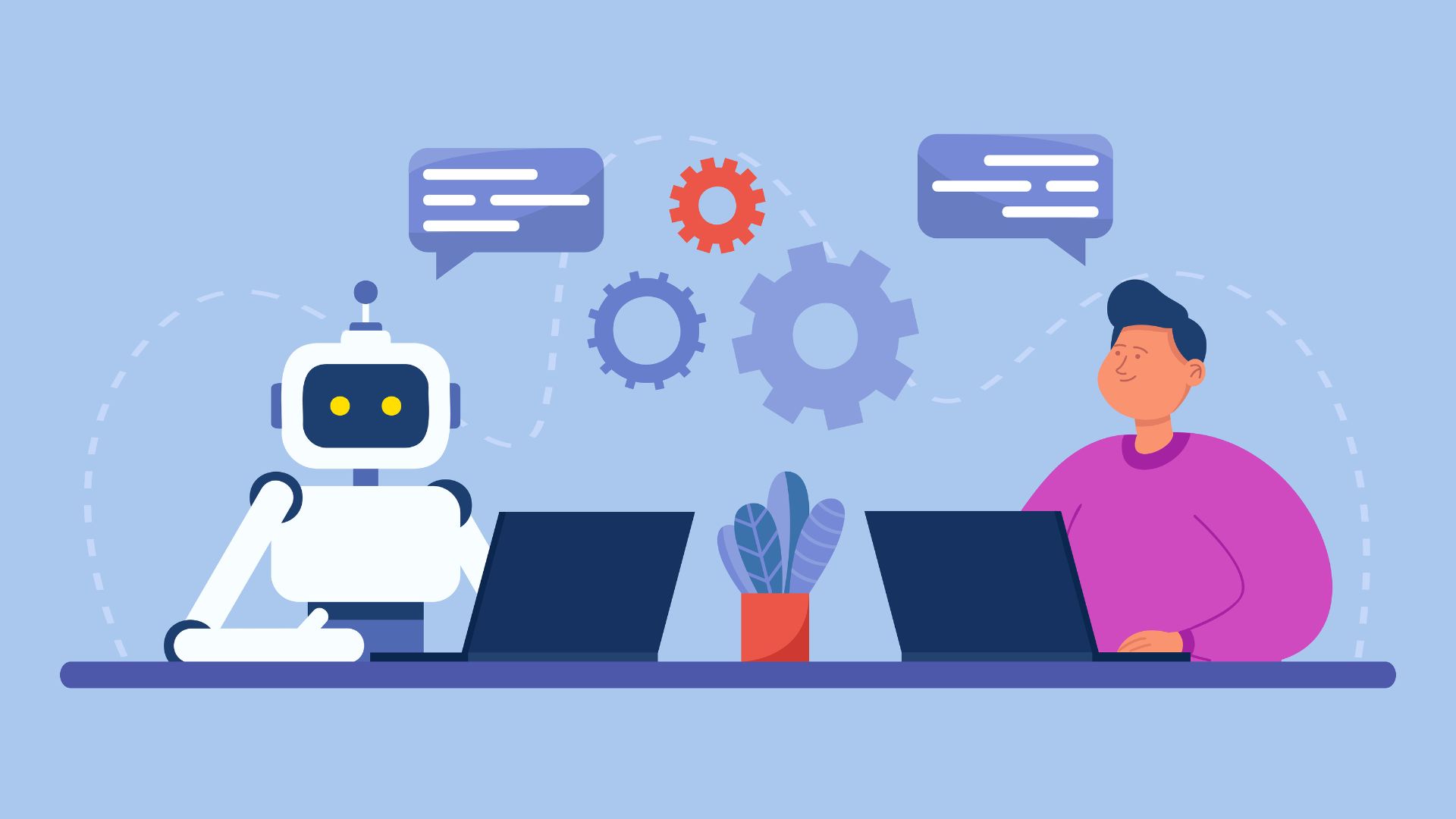Elon Musk has launched Grokipedia, an AI-driven online encyclopedia developed by his company xAI. The platform, described as an alternative to Wikipedia, debuted on Monday with over 885,000 articles written and verified by AI.
Musk claimed the early version already surpasses Wikipedia in quality and transparency, promising significant improvements with the release of version 1.0.
Unlike Wikipedia’s crowdsourced model, Grokipedia does not allow users to edit content directly. Instead, users can request modifications through xAI’s chatbot Grok, which decides whether to implement changes and explains its reasoning.
Musk said the project’s guiding principle is ‘the truth, the whole truth, and nothing but the truth,’ acknowledging the platform’s imperfections while pledging continuous refinement.
However, Grokipedia’s launch has raised questions about originality. Several entries contain disclaimers crediting Wikipedia under a Creative Commons licence, with some articles appearing nearly identical.
Musk confirmed awareness of the issue and stated that improvements are expected before the end of the year. The Wikimedia Foundation, which operates Wikipedia, responded calmly, noting that human-created knowledge remains at the heart of its mission.
Would you like to learn more about AI, tech and digital diplomacy? If so, ask our Diplo chatbot!










